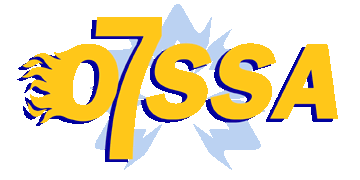
Location
University of Windsor
Document Type
Paper
Start Date
6-6-2007 9:00 AM
End Date
9-6-2007 5:00 PM
Abstract
Natural normativity describes the means whereby social and cultural controls are placed on argumentative behaviour. The three main components of this are Goals, Context, and Ethos, which combine to form a dynamic and situational framework. Natural normativity is explained in light of Pragma-dialectics, Informal Logic, and Rhetoric. Finally, the theory is applied to the Biro-Siegel challenge.
Creative Commons License

This work is licensed under a Creative Commons Attribution 4.0 International License.
Included in
Natural Normativity: Argumentation Theory as an Engaged Discipline
University of Windsor
Natural normativity describes the means whereby social and cultural controls are placed on argumentative behaviour. The three main components of this are Goals, Context, and Ethos, which combine to form a dynamic and situational framework. Natural normativity is explained in light of Pragma-dialectics, Informal Logic, and Rhetoric. Finally, the theory is applied to the Biro-Siegel challenge.
